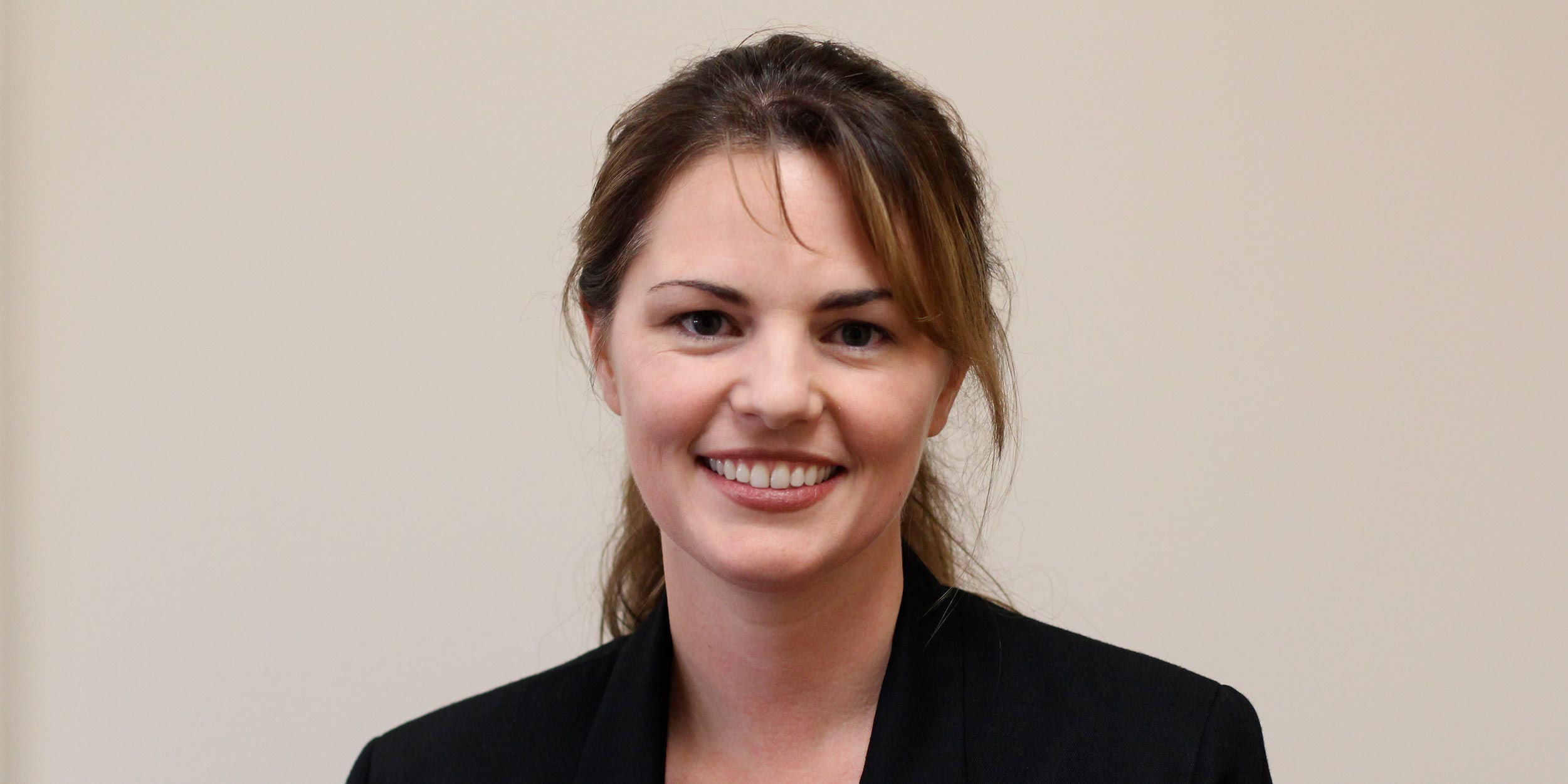IES values and encourage collaborations between researchers and practitioners to ensure that research findings are relevant, accessible, feasible, and useful. In 2017, Dr. Wendy Reinke, University of Missouri, received IES funding to formalize the Boone County School’s Mental Health Coalition by strengthening their partnership and validating the Early Identification System (EIS) to screen for social, emotional, behavioral, and academic risk among K-12 students in rural schools. Building on these successes, Dr. Reinke now leads the National Center for Rural School Mental Health (NCRSMH), a consortium of researchers leading efforts to advance mental health screening and support in rural communities.
Bennett Lunn, a Truman-Albright Fellow at IES, asked Dr. Reinke about the work of the original partnership and how it has informed her efforts to build new partnerships with other rural schools around the country. Below are her responses.

What was the purpose of the Boone County Schools Mental Health Coalition and what inspired you to do this work?
In 2015, our county passed an ordinance in which a small percent of our sales tax is set aside to support youth mental health in our community. As a result, the schools had visits from many of the local mental health agencies to set up services in school buildings. The superintendents quickly realized that it would be wise to have a more coordinated effort across school districts. They formed a coalition and partnered with researchers at the University of Missouri to develop a comprehensive model to prevent and intervene in youth mental health problems. The enthusiasm of our school partners and their willingness to consider research evidence to inform the model was so energizing! We were able to build a multi-tiered prevention and intervention framework that uses universal screening data to inform supports. In addition, we were awarded an IES partnership grant to help validate the screener, conduct focus groups and surveys of stakeholders to understand the feasibility and social validity of the model, and determine how fidelity to the model is related to student outcomes. The EIS is now being used in 54 school buildings across six school districts as part of their daily practice.
Were there advantages to operating in a partnership to validate the screener?
The main benefit of working in partnership with school personnel is that you learn what works under what circumstances from those directly involved in supporting students. We meet every month with the superintendents and other school personnel to ensure that if things are not working, we can find solutions before the problems become too big. We vote on any processes or procedure that were seen as needing to change. The meeting includes school personnel sharing the types of activities they are doing in their buildings so that others can replicate those best practices, and we meet with students to get their perspectives on what is working. In addition, the university faculty bring calls for external funding of research to the group to get ideas for what types of research would be appropriate and beneficial to the group. Schools are constantly changing and encountering new challenges. Being close to those who are working in the buildings allows for us to work together in forming and implementing feasible solutions over time.
What advice do you have for researchers trying to make research useful and accessible to practitioners?
Be collaborative and authentic. Demonstrate that you are truly there to create meaningful and important changes that will benefit students. Show that your priority is improving outcomes for schools and students and not simply collecting data for a study. These actions are vital to building trust in a partnership. By sharing the process of reviewing data, researchers can show how the research is directly impacting schools, and practitioners have an opportunity to share how their experience relates to the data. A good way to do this is by presenting with practitioners at conferences or collaboratively writing manuscripts for peer reviewed journals. For example, we wrote a manuscript (currently under review) with one of our school counselor partners describing how he used EIS data in practice. Through collaboration like this, we find that the purpose and process of research becomes less mysterious, and schools can more easily identify and use practices that are shown to work. In this way, long-term collaboration between partners can ultimately benefit students!
How does the work of the original partnership inform your current work with the National Center for Rural School Mental Health?
We are bringing what we have learned both in how to be effective partners and to improve the model to the National Center for Rural School Mental Health. For instance, we are developing an intervention hub on our Rural Center website that will allow schools to directly link evidence-based interventions to the data. We learned that having readily available ideas for intervening using the data is an important aspect of success. We have also learned that schools with problem solving teams can implement the model with higher fidelity, so we are developing training modules for schools to learn how to use the data in problem solving teams. We will be taking the comprehensive model to prevent and intervene with youth mental health and using it in rural schools. We will continue to partner with our rural schools to continuously improve the work so that it is feasible, socially valid, and important to rural schools and youth in those schools.
Dr. Wendy Reinke is an Associate Vice Chancellor for Research at the University of Missouri College of Education. Her research focuses on school-based prevention interventions for children and youth with social emotional and behavioral challenges.
Written by Bennett Lunn (Bennett.lunn@ed.gov), Truman-Albright Fellow, National Center for Education Research and National Center for Special Education Research